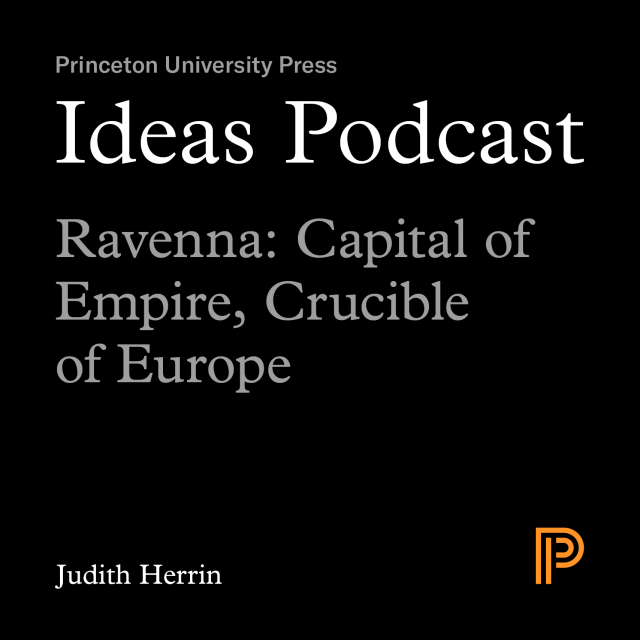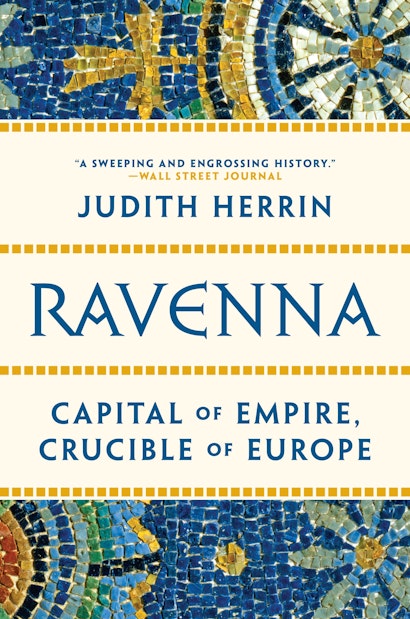At the end of the fourth century, as the power of Rome faded and Constantinople became the seat of empire, a new capital city was rising in the West. Here, in Ravenna on the coast of Italy, Arian Goths and Catholic Romans competed to produce an unrivaled concentration of buildings and astonishing mosaics. For three centuries, the city attracted scholars, lawyers, craftsmen, and religious luminaries, becoming a true cultural and political capital. Bringing this extraordinary history marvelously to life, Judith Herrin rewrites the history of East and West in the Mediterranean world before the rise of Islam and shows how, thanks to Byzantine influence, Ravenna played a crucial role in the development of medieval Christendom.
Drawing on deep, original research, Herrin tells the personal stories of Ravenna while setting them in a sweeping synthesis of Mediterranean and Christian history. She narrates the lives of the Empress Galla Placidia and the Gothic king Theoderic and describes the achievements of an amazing cosmographer and a doctor who revived Greek medical knowledge in Italy, demolishing the idea that the West just descended into the medieval “Dark Ages.”
About the Author
Judith Herrin is professor emeritus in the Department of Classics at King’s College London. Her books include Byzantium: The Surprising Life of a Medieval Empire; Unrivalled Influence: Women and Empire in Byzantium; Margins and Metropolis: Authority across the Byzantine Empire; Women in Purple: Rulers of Medieval Byzantium; and The Formation of Christendom (all Princeton). She lives in Oxford, England.

